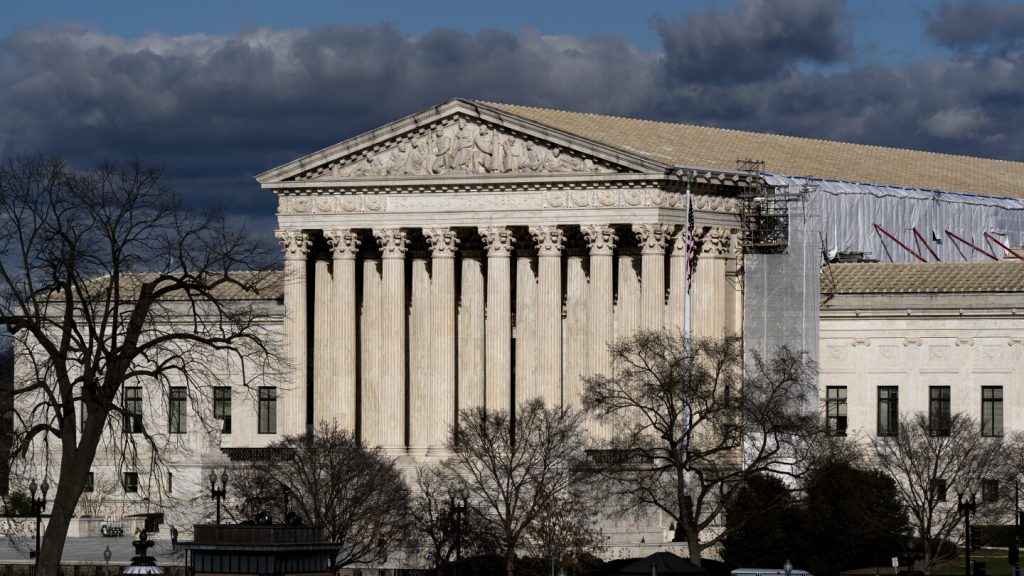The Supreme Court ruled that public officials can be sued for blocking critics on social media. Justice Amy Coney Barrett stated that officials who use personal accounts for official statements cannot delete comments or block critics. The court’s decision stemmed from cases involving school board members in Southern California and a city manager in Michigan. These cases mirror a similar situation involving former President Donald Trump blocking critics on Twitter. The court emphasized the importance of balancing free speech rights for both public officials and constituents in the ever-evolving digital landscape.
The conflicting decisions from appeals courts in San Francisco and Cincinnati prompted the Supreme Court to address when personal social media accounts cross into official government communication. Barrett noted that it can be difficult to differentiate official speech from personal speech, especially when public officials use social media platforms for both. Officials must allow criticism on job-related topics to avoid potential lawsuits, according to the court’s ruling. By establishing this standard, the justices are requiring public officials to be transparent in their social media interactions and open to criticism from the public.
In one case, a city manager in Port Huron, Michigan, blocked a resident from his personal Facebook page for criticizing the city’s pandemic response. Another case involved school board members in California who blocked parents on social media. In both instances, the courts found that blocking critics violated free speech rights. The Supreme Court’s decision reinforces the principle that public officials must be accountable for their actions on social media, even when using personal accounts. This ruling sets a precedent for how public officials engage with constituents in the digital age.
The court is also considering other social media cases with political implications. Laws in Florida and Texas that restrict social media companies from censoring conservative viewpoints are being evaluated for their constitutionality. Additionally, the court will hear a challenge from Missouri and Louisiana against the Biden administration’s efforts to regulate controversial social media posts. These cases reflect the ongoing debate over free speech, censorship, and government intervention in online platforms. The outcomes of these cases could have broad implications for the future of social media regulation and political discourse.
Overall, the Supreme Court’s decision on public officials’ social media interactions underscores the importance of upholding free speech rights in the digital age. As social media continues to play a prominent role in public discourse, it is crucial for public officials to be responsive to criticism from their constituents. By setting guidelines for how officials should handle social media interactions, the court aims to promote transparency and accountability in government communication. These cases serve as a reminder of the complex intersection between technology, politics, and the First Amendment, and highlight the ongoing challenges in protecting free speech rights online.


